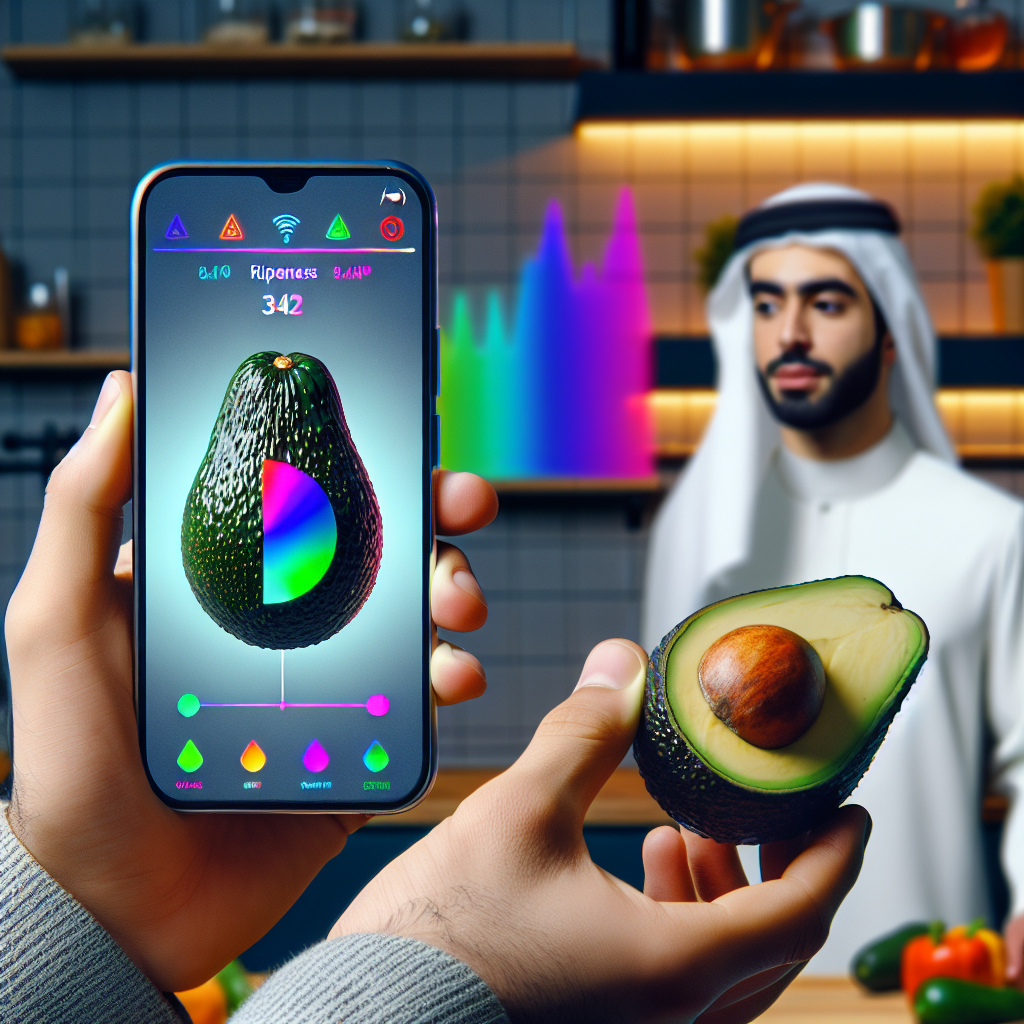
Avocados, the creamy green fruit beloved by many, have become a staple in kitchens around the world. Yet, despite their popularity, determining the perfect moment to enjoy them has always been an elusive challenge. Many people have experienced the disappointment of buying an avocado only to find it either rock-hard or overly mushy, leading to unnecessary food waste. With reports indicating that avocados are among the most wasted fruits globally, researchers at Oregon State University and Florida State University are stepping in with an innovative solution that harnesses artificial intelligence (AI).
The team has developed a smartphone application that promises to accurately determine an avocado’s ripeness with over 90% accuracy. By utilizing a deep-learning model trained on more than 1,400 iPhone photos of Hass avocados, the AI analyzes various subtle indicators, including texture, color, and shape, which are often overlooked by the human eye. Assistant Professor Luyao Ma from OSU explains that the initiative aims to provide an invaluable tool for consumers and retailers alike. The goal is to make smarter decisions regarding the use and sale of avocados, effectively reducing the astonishing levels of waste associated with this fruit.
The impact of food waste is staggering; nearly one-third of all food produced for human consumption ends up in landfills. The United States government has recognized this issue and committed to halving food waste by 2030. This ambitious target necessitates innovative solutions across the food supply chain. Ma emphasizes that the avocado ripeness app is merely the start of a broader movement. “Avocados are just the beginning,” he asserts. The technology has the potential to transform how various fruits and vegetables are evaluated for their optimal consumption window.
While the application is not yet available to the public, its development signifies a significant stride towards leveraging technology in combating food waste. This app could empower consumers to make better purchases and help retailers manage their inventories more efficiently. As food waste continues to pose a critical global challenge, innovations like this highlight a path toward sustainability within the food industry.
The practicality of being able to instantly assess the ripeness of avocados—and potentially other fruits in the future—could change shopping habits for countless consumers. As we become increasingly environmentally conscious, the capacity to reduce food waste feels more crucial than ever. The app serves not only as a tool for individual consumers but also as a means for retailers to optimize their operations and reduce unnecessary losses, fostering a better relationship between the food industry and sustainability.
As consumers eagerly await the release of this technology, there are still plenty of traditional methods to help identify ripe avocados. Simple tips, such as checking the avocado’s color and gently squeezing it to feel for firmness, are still effective alternatives while this app is in development.
In conclusion, the collaboration between Oregon State University and Florida State University represents a promising advancement in the application of AI for everyday decisions. With the creation of an avocado ripeness detection app, they aim not only to assist consumers in selecting the perfect avocado but also to contribute to larger environmental goals by addressing the pressing issue of food waste. As we look to the future, this project could pave the way for further technological advancements that enhance our understanding and consumption of food.

Leave a Reply